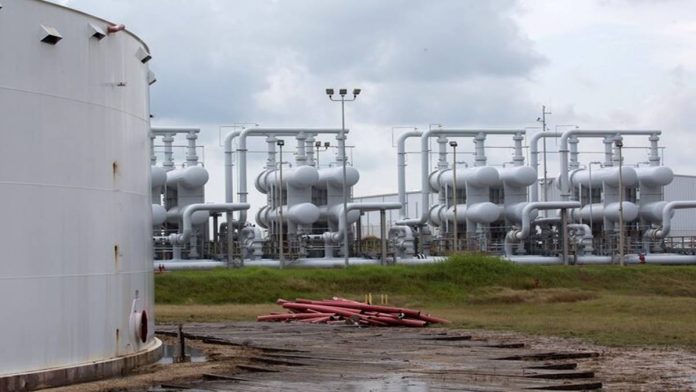The department of chemicals and petrochemicals (DCPC) on Friday launched a technology collaboration portal (TCL) that will feature the cutting-edge technologies developed by research institutions. This portal, featuring over 1,000 industries and 40 institutions, will give access to companies to innovations of the research institutes and enable them to ask for tailor-made tech from the research institutions on the portal.
In addition, the department has announced a new data-sharing portal – ChemIndia – which will improve the policy decisions by collecting and analysing industry data. The data analysed will help the department to allocate the resources better and provide support to the sector.
Also ReadQ-comm race: Blinkit zooms past Instamart on all front
“The initiatives are part of the government’s broader strategy to bridge the gap between research centres and industry players,” said Nivedita Shukla Verma, secretary, DCPC at the Chemcon Innovation summit.
Also Read GenAI a top priority for 70 per cent of GCCs in India: EY survey Karnataka to organise venture capital connect with $17 billion investment potential MedTech sector to touch $20 billion by FY27, Govt scheme to boost domestic manufacturing ‘Markets likely in for an extended period of consolidation’
In order to push innovation, the department has recently approved five new centres of excellence (CoE) which was selected from a list of 50 high-quality central and state government universities and government organisations. These new CoEs are in addition to the existing eight CoEs which are working in areas like green transport network, sustainable green materials, sustainable polymers, next-generation bio-medical devices, etc.
Also ReadHousr in talks to raise $20–40 million in fresh funding
The secretary also called on the industry to increase self-reliance by reducing imports and investing in research, development, and skill enhancement.
“There is an intense global competition to capture the market. There is a growing pressure to adopt sustainable practices. We face some inherent challenges. We don’t have easy availability of raw material here. There are certain countries which are more advanced than us in technology. So there is only be a limited amount of protection that our industry could get because of the WTO regulations. I think the solution, if we really want to compete globally,
» Read More


